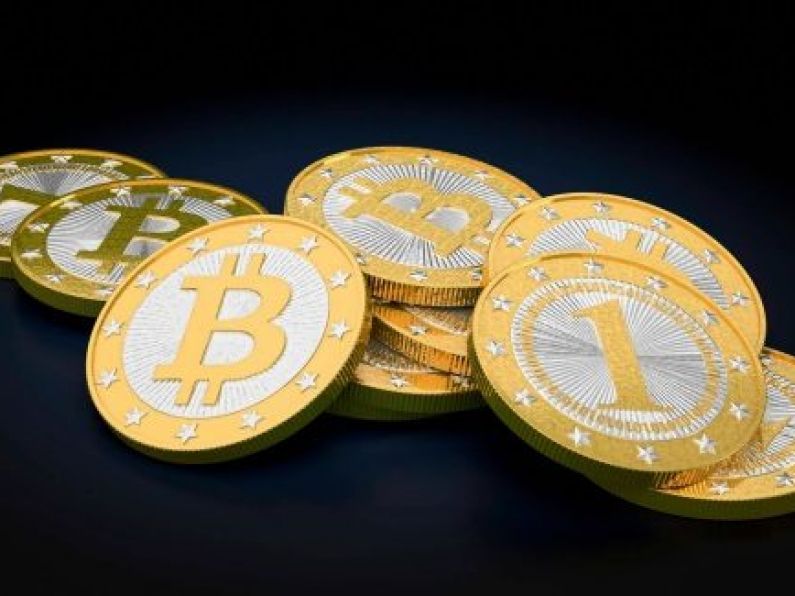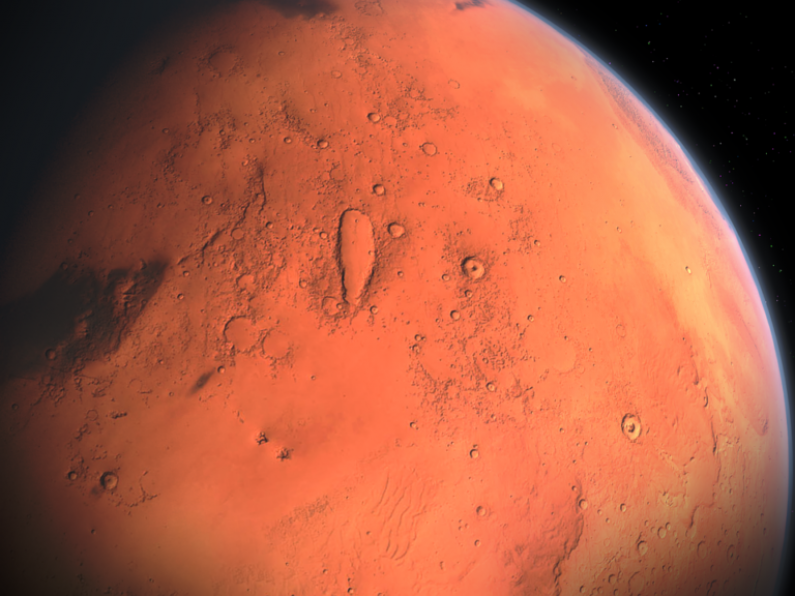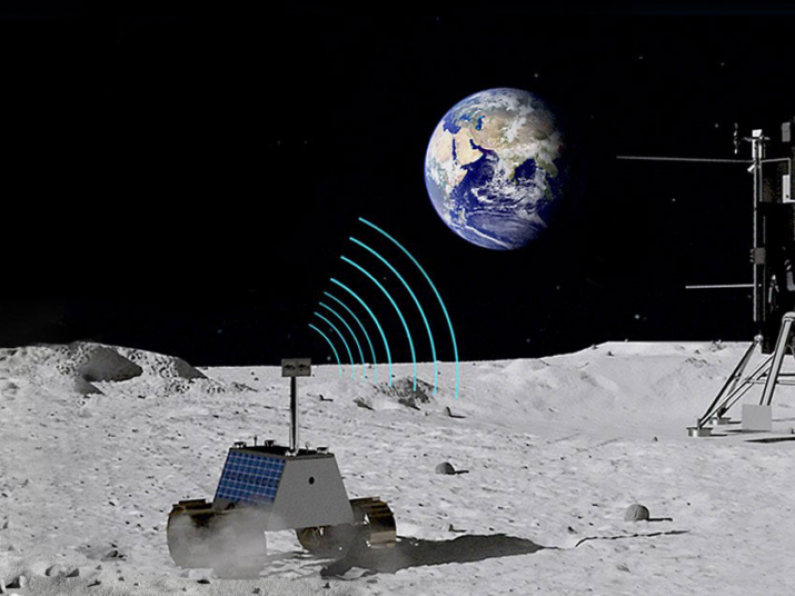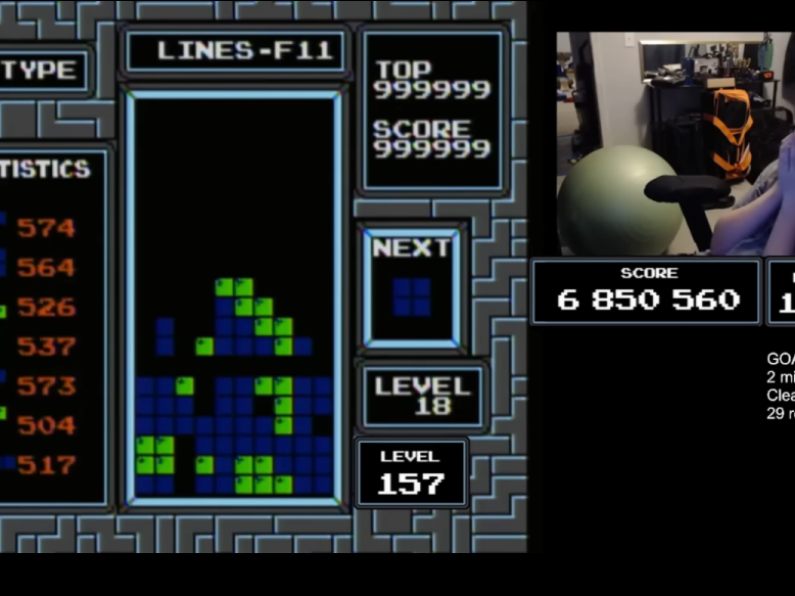A year ago, I wrote on my views of cryptocurrencies.
I had just invested €1,000 in bitcoin which cost $11,000 (€9,790) a coin, which meant I bought about a tenth of a coin and thinking I had bought into this market at a great time — one bitcoin was worth almost $20,000 (€17,799) in December 2017.
I was sadly wrong. At the time of writing, Bitcoin is worth just shy of $4,000 a coin, and my portfolio is worth about €285.
Despite my current loss of around 71%, I am not totally saddened — one year is not long enough to judge a highly volatile new asset class, especially one that has outperformed all other asset classes over the last 10 years.
The loss was worth what I learnt. Having to research the best and cheapest ways to buy the currency has benefited me probably more than any investments where I made money.
Although my confidence as a cryptocurrency investor was severely dented, and as a financial adviser who manages money for a living, one would think that I should have known better.
I am not a gambler by nature, and my job really is about managing and assessing my clients’ risks. So why am I not despondent?
I invested as a “punt”. Basically, this was money I was prepared to lose.
Many of you might remember the dot-com boom of the late 1990s. However, the dot-com bubble crashed by around the year 2000, taking most contenders to the throne with it. While we remember Amazon and Google, countless others are long forgotten.
For those of you not up to speed in this market and confused by all the terminology, a cryptocurrency is a medium of exchange, or money. Unlike normal money, such as euro, it doesn’t need a third party such as a bank to maintain it.
Cryptocurrencies can be transferred from one user to another without going through an intermediary such as a bank. The transactions in these cryptocurrencies are stored using a special, incorruptible ledger known as Blockchain. Created in 2009, bitcoin was the first cryptocurrency that ran on a blockchain network and became the “big daddy” of cryptocurrencies.
Ethereum, the second-largest coin, was founded in 2014. It brought the idea of programmable value also known as smart contracts. An example of this working in everyday life is a musician who has to pay a publishing company to find out where his music is being published. Ethereum enables him to encode a contract so as to track and thus deal with any copyright infringement.
While there are more than 1,500 cryptocurrencies, the market is totally top heavy. The top 20 currencies, with the top three of bitcoin, ethereum, and ripple, account for over 90% of the market capitalisation. This is about $330bn (€294bn) with the remainder worth collectively about $40bn (€36bn). The frenzy around crypto in the last few years meant that creating a currency was almost a cottage industry. Most of the hundreds of others will wither, probably quite soon.
So why did the market fall so much from the December 2017 highs? Some believe the hype surrounding bitcoin was short-lived simply because people lost interest.
But if you look over five years, the main cryptocurrencies are the best performing asset class compared to shares/bonds and cash. However, unfortunate investors like me who bought around December 2017 are unlikely to get a return on their investment any time soon.
Cryptocurrencies are very volatile. If using as payment, it makes them a lot less attractive than normal currencies. There have been numerous scams and people who have had their “wallets” stolen. Government regulation has consistently loomed as a threat.
But the most impressive feature of bitcoin is that it is still there. It has survived crash after crash and state hostility.
Cryptocurrency speculation is not for the faint-hearted. Legendary investor Warren Buffett said: “You only find out who is swimming naked when the tide goes out.”
Nick Charalambous is managing director of Alpha Wealth in Cork and Dublin






